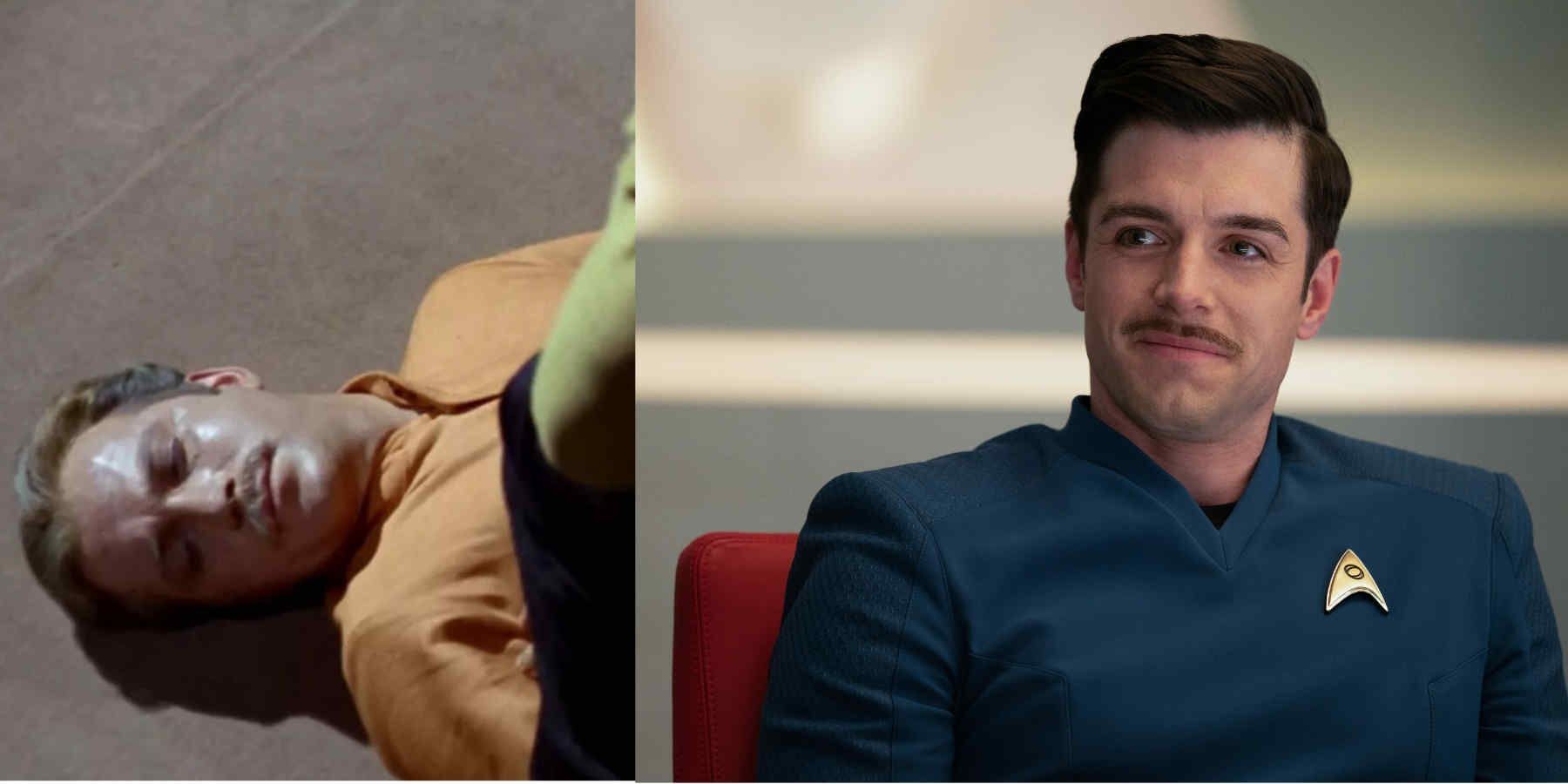

The reason WHO frames common risk factors and common chronic diseases is because persons with these risks, conditions and diseases often end up with more than one of these diseases.
e.g., WHO now considers obesity a disease in itself, but obesity is also a biological risk factor for cancer and diabetes.
There are a lot of interrelationships in the risks.
More, with these conditions, they are also more vulnerable to infectious diseases.
It’s important though to keep in mind that, as I note in another reply, these kinds of studies aren’t just about informing individuals’ choices.
They’re not about ‘blaming’ or ‘shaming’ individuals choices.
They are about understanding what are the underlying determinants of health and risk factors that are shaping health outcomes.
Back to the study in question, and the OP’s remark that they were surprised that people were eating that much processed meat daily…
If the protein sources that are most available and affordable are the most unhealthy, preprocessed ones, then consumers will buy and consume more of these than healthier ones.
And their preferences and consumption habits will be shaped by these experiences.
And that will affect overall health and life expectancy of the population.



At a certain point, I realized that from another perspective, the big divide seems to be between those who see continuous distributions as just an abstraction of a world that is inherently finite vs those who see finite steps as the approximation of an inherently continuous and infinitely divisible reality.
Since I’m someone who sees math as a way to tell internally-consistent stories that may or may not represent reality, I tend to have a certain exasperation with what seems to be the need of most engineers to anchor everything in Euclidean topography.
But it’s my spouse who had to help our kids with high school math. A parent who thinks non Euclidean geometry is fun is not helpful at that point.